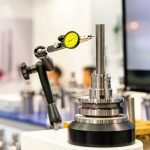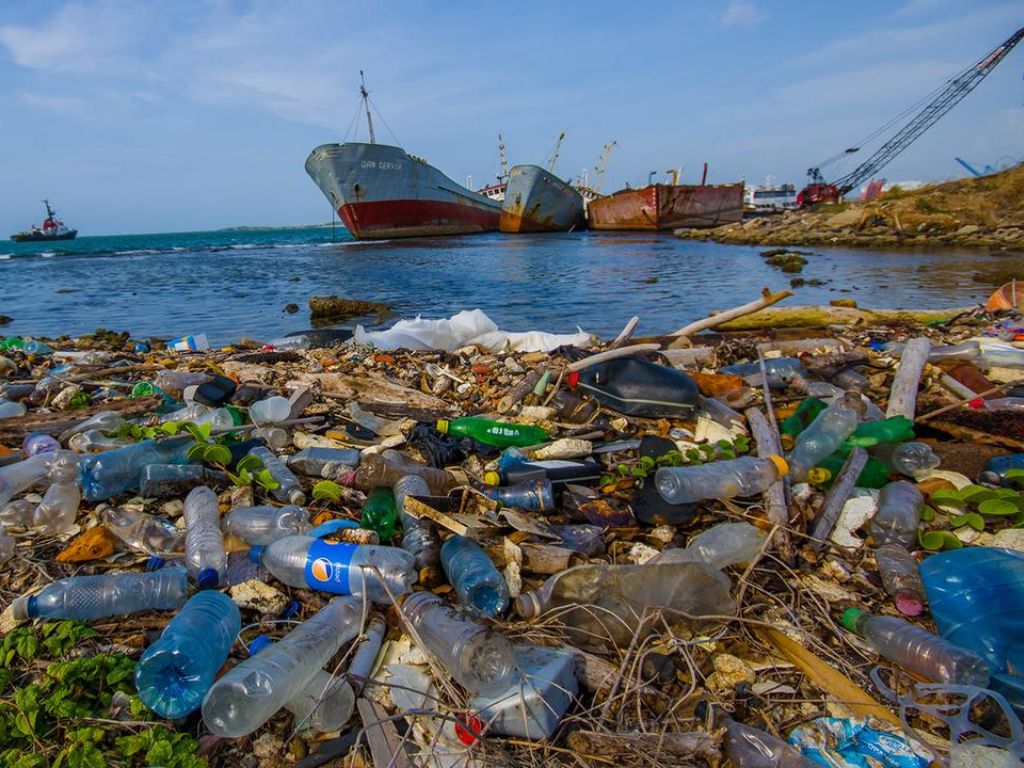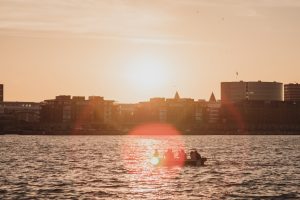It’s a known fact that plastic pollution is affecting the lives of land and sea creatures alike. It’s is posing as the greatest threat to marine life.
We’ve seen photos and videos of fishes and other sea creatures dying after consuming plastic. Thousands of them get plastic stuck in different parts of their bodies and suffer.
The use of plastic has indeed become excessive and the threat is growing rather rapidly.
However, turns out it’s not just fish that plastic pollution harms. It is apparently also affecting bacteria that help us breathe.
That’s right, plastic isn’t just harmful to animals we can see. It also impairs tiny microbes that are invisible to the eyes.
Is Plastic Killing Good Bacteria.
The world isn’t just full of animals and creatures that are visible to the eyes. It is full of tiny organisms that actually help sustain life on earth.
But, as human beings, one of the smartest animals, we’ve done everything we can to ruin the planet.
And the best example is the creation and continuous use of plastics.
And along with ourselves, we have managed to risk the lives of everyone on the planet, including bacteria.
Prochlorococcus is a kind of microbe that is found in the oceans. It is the ocean’s most abundant photosynthetic bacteria.
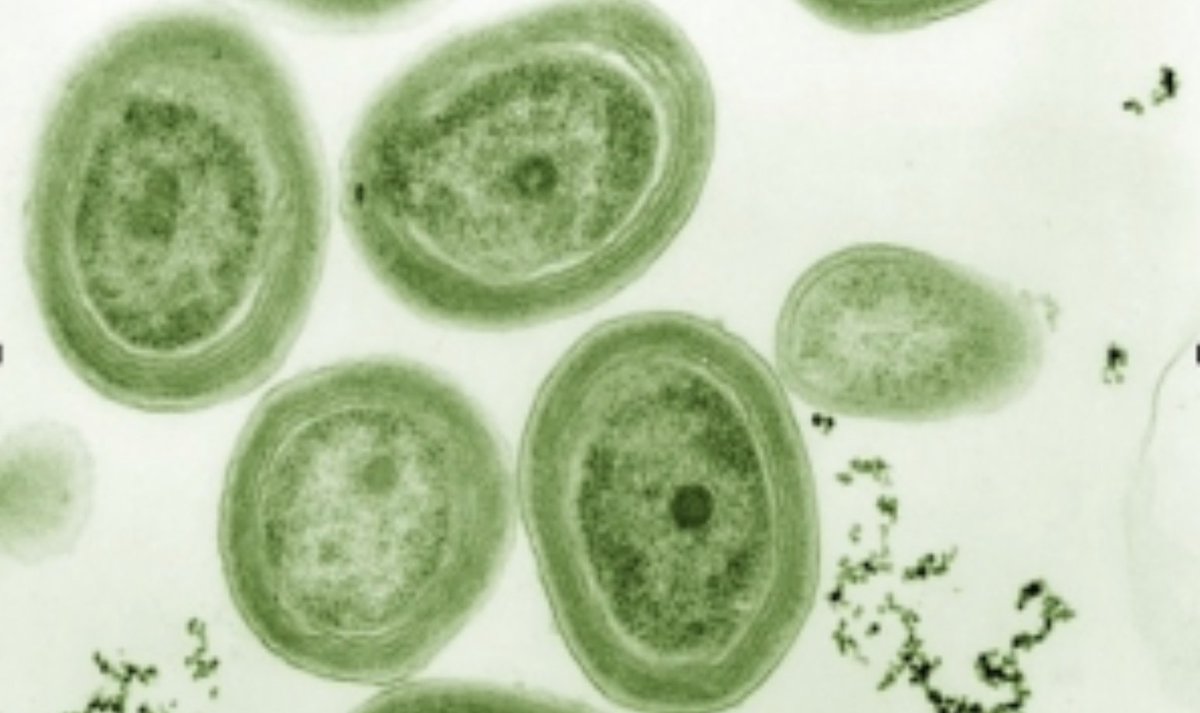
It produces 10% of the global oxygen. Meaning, one in every ten breaths of the oxygen we breathe is produced by these tiny organisms.
Now, a recent study published in Communication Biology suggests that these bacteria are susceptible to plastic pollution.
The study carried by experts from Macquarie University shows that exposing Prochlorococcus to the chemicals leaching from plastic pollution interfere with the growth of the microbe.
The test was conducted in a lab by a group of experts from Macquarie University.
Here, the researchers conducted a study to look at the effects of the chemicals have on the smallest life in the oceans, the photosynthetic marine bacteria.
Scientists took fragments of two commonly used plastic products – PVC matting and grey plastic grocery bags.
Prochlorococcus found at different depths in the ocean were then exposed to the chemicals.
The Result of the Test.
Sadly, as expected, the result showed that the growth and function of these bacteria were impaired due to the exposure.
It altered the expression of a large number of their genes.
On top of that, it also showed the change in the amount of oxygen they produce.
According to Dr. Lisa Moore, co-author of the study, Prochlorococcus play a critical role in the marine food web and contribute a lot to carbon cycling. And also they produce 10% of the oxygen we breathe.
‘So one in every 10 breaths of oxygen you breathe in is thanks to these little guys, yet almost nothing is known about how marine bacteria, such as Prochlorococcus, respond to human pollutants.’
The Impact of Plastic Pollution.
According to Dr. Sasha Tetu, the lead author of the study plastic pollution have impacted a widespread ecosystem, beyond the known effect on macro-organisms.
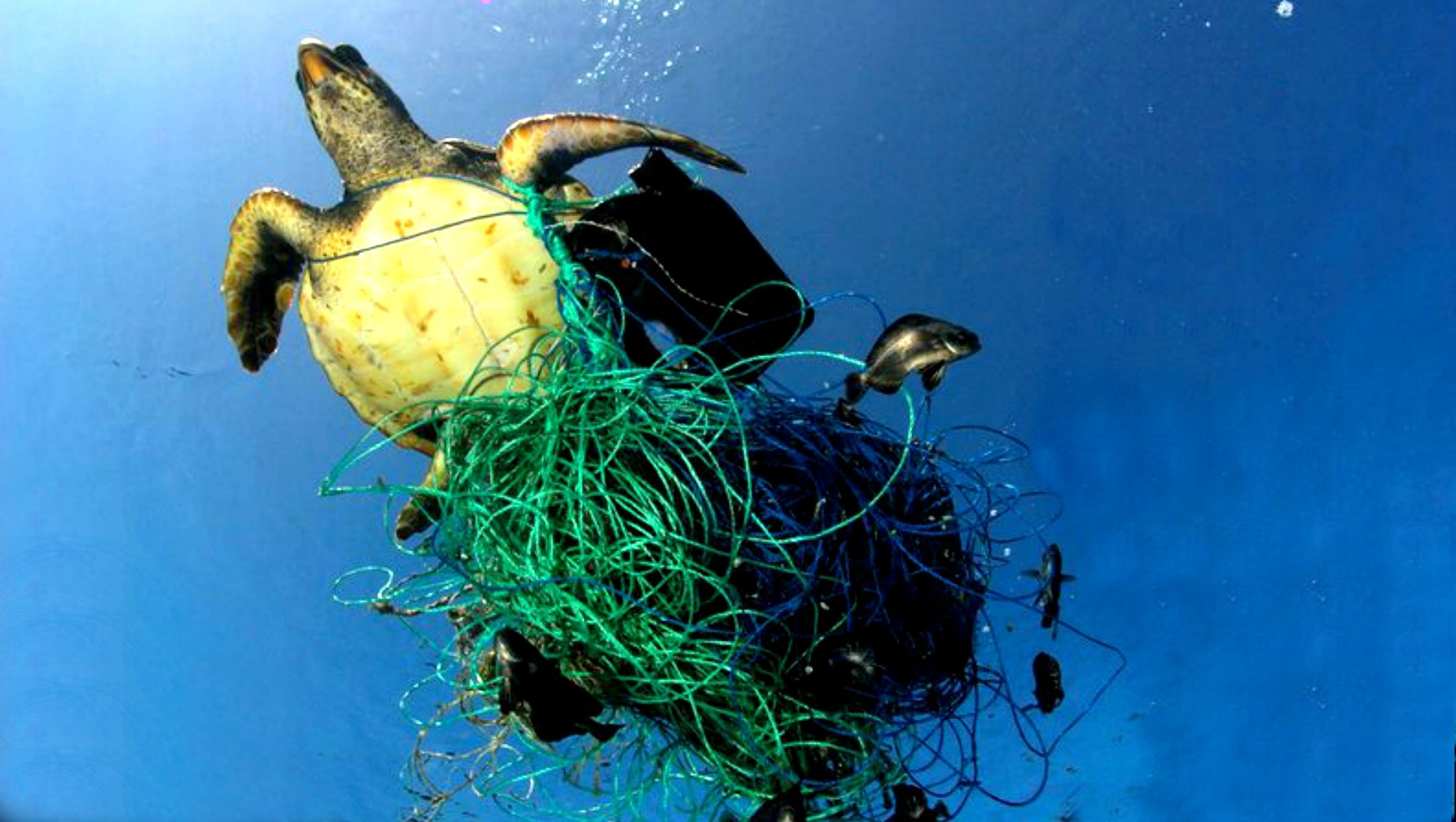
Most research focuses on fishes and other known marine life getting affected by plastic pollution.
This is a one of kind research that focuses on the threats faced by the ocean’s smallest inhabitants.
The Prochlorococcus is one of the first cyanobacteria on earth. They’re the first to make Earth habitable for animals and human life. Using Photosynthesis to turn energy from the sun and water into breathable oxygen.
Today, there are about three octillion (3,000,000,000,000,000,000,000,000,000) green Prochlorococcus bacteria living in the oceans.
“If we truly want to understand the full impact of plastic pollution in the marine environment and find ways to mitigate it, we need to consider its impact on key microbial groups, including photosynthetic microbes,“ says Dr. Sasha.
Plastic in the ocean is set to outweigh fish by the year 2050 if we continue with our habits.
And with the new finding, it also threatens the life of micro-organism that produces the air we need to survive.
So, if we don’t take serious steps now, it’ll be too late for life to sustain on earth anymore.



